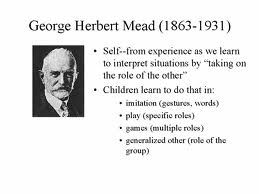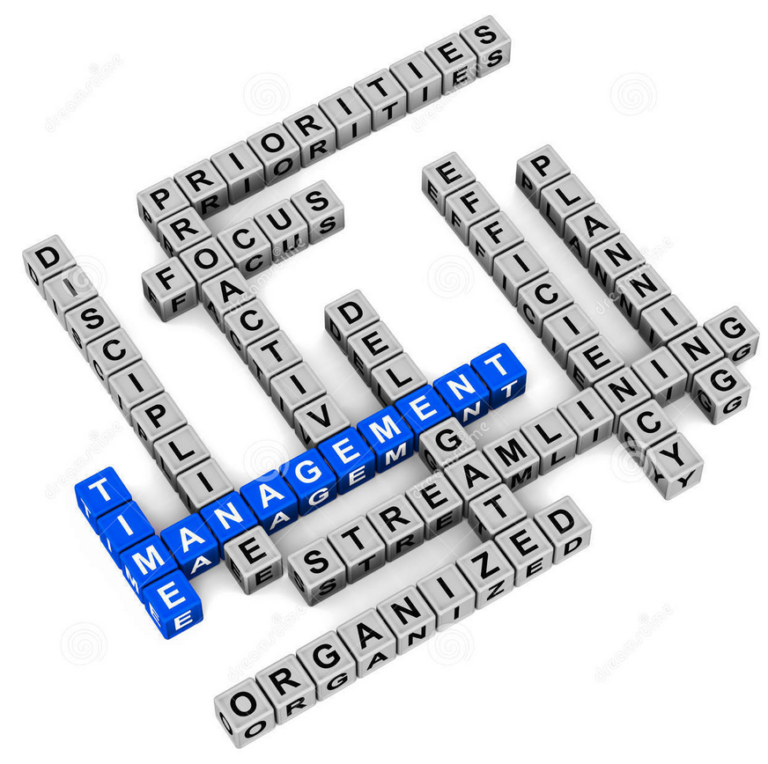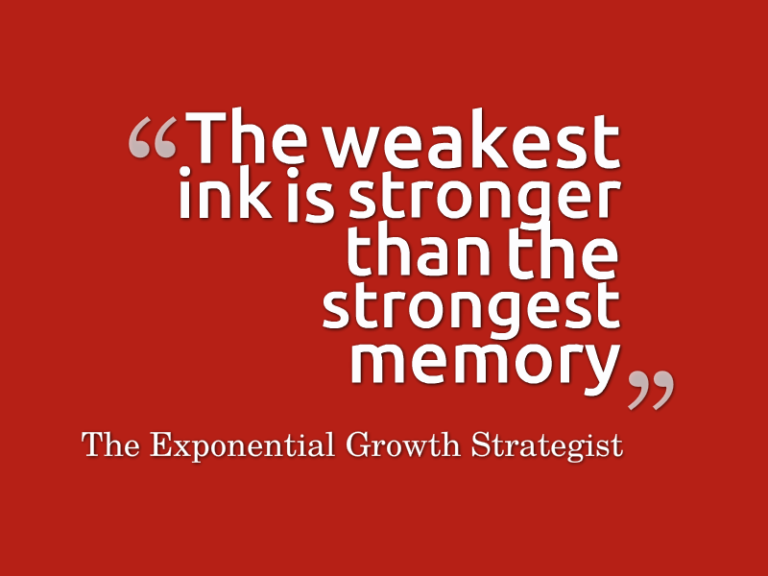
Similar Posts

Critical Thinking Exercise
Since critical thinking is a mindset, you must always step back, and re-center. Once you remove emotion away from the situation, you can follow this exercise toward Critical Thinking. The following questions should be asked after we step back and remove our emotional bond. Who said it? What did they say? Where did they say…

Candle
Candle A candle loses nothing by lighting another candle. Father James Keller Tweet Listen to the Episode In today’s neoliberalism structure, the strong survive, and rarely share among its competitors. While it is nice to share, it has become a trait lost as we grow older. Interestingly, a national survey showed 43% of parents believed…

Blocks of Time
I came across a YouTube video conveying an idea, I really like, which led to an interesting article, that led to action taken on the idea. How did I end up here? Let me back up. My wife’s birthday is coming up and she is a hardcore paper journal, day keeper. I have tried to…

12 Habits of Successful People
Success can be defined by many things. When one thinks of success, the idea tends to lean toward those making it big in this world. Cornelius Vanderbilt (May 27, 1794 – 1877) Vanderbilt amassed his fortune through his dominance of railroads and shipping. He built and controlled many of the most significant railroads in America,…

The Power of a Note-Taker
Let’s face it, we cannot recall everything. Sure there are those out there providing methods to memory recall. However, if you learning something new, or have that awesome nugget of information come your way, what better way than write it down for later. Writing next week’s newsletter, I came across some pretty solid evidence note-taking…

Altering Changes
Altering Changes “Sometimes in life, a sudden situation, a moment in time, alters your whole life, forever changes the road ahead.” Ahmad Ardalan, Baghdad: The Final Gathering Tweet Listen to the Episode Tiny changes in life are natural and should be expected. As we travel our individual roads, these small changes help determine our route,…
